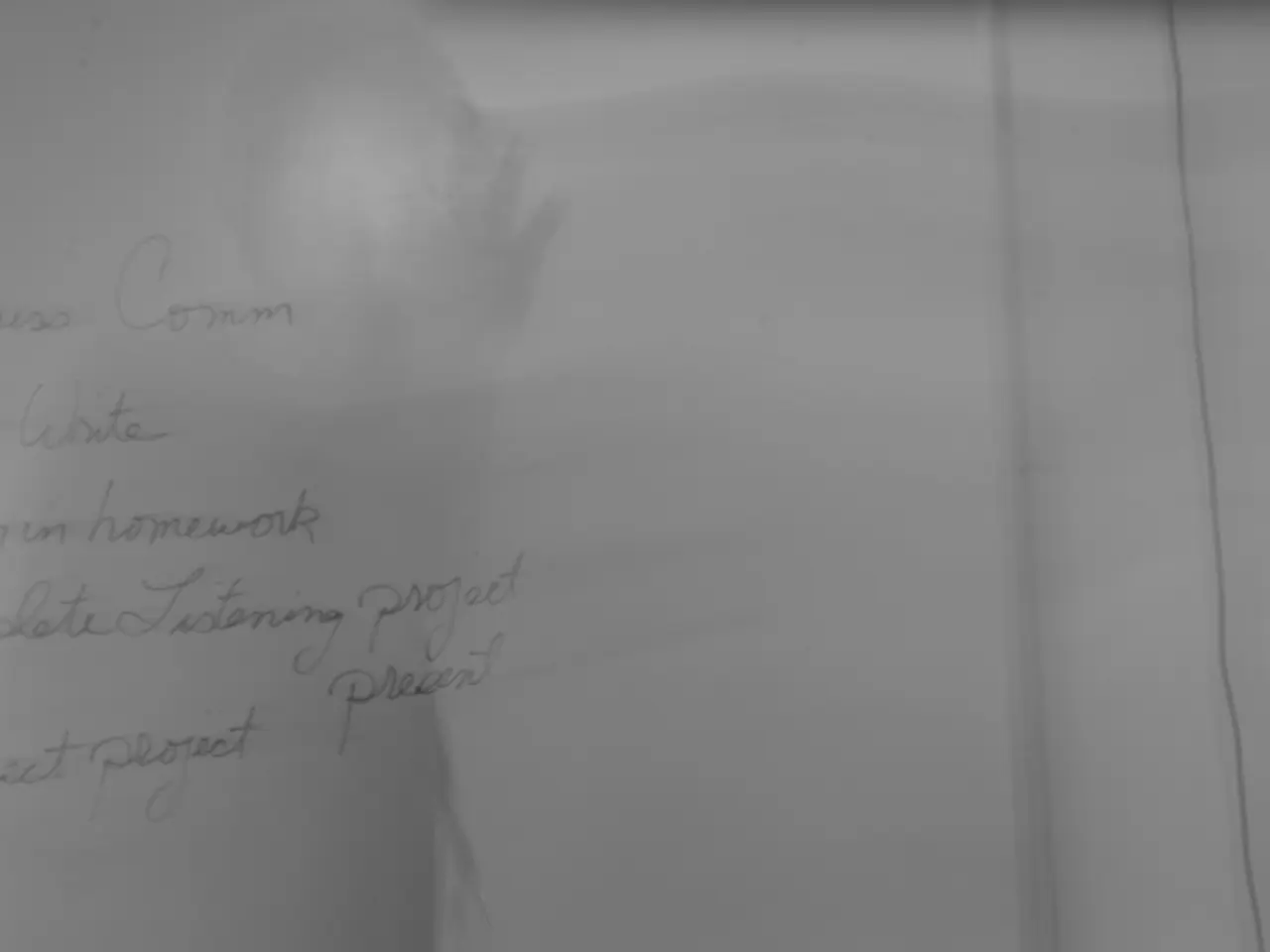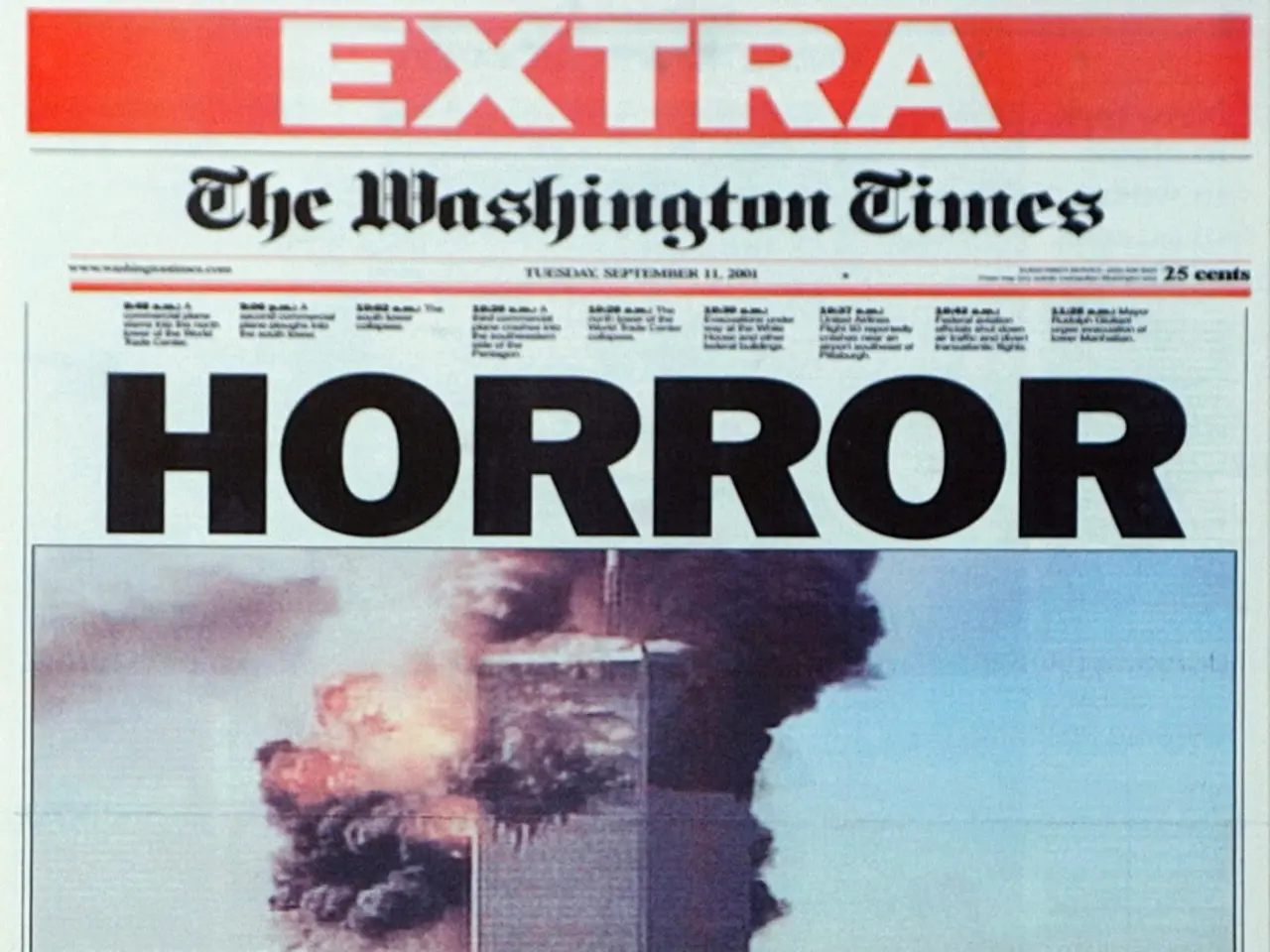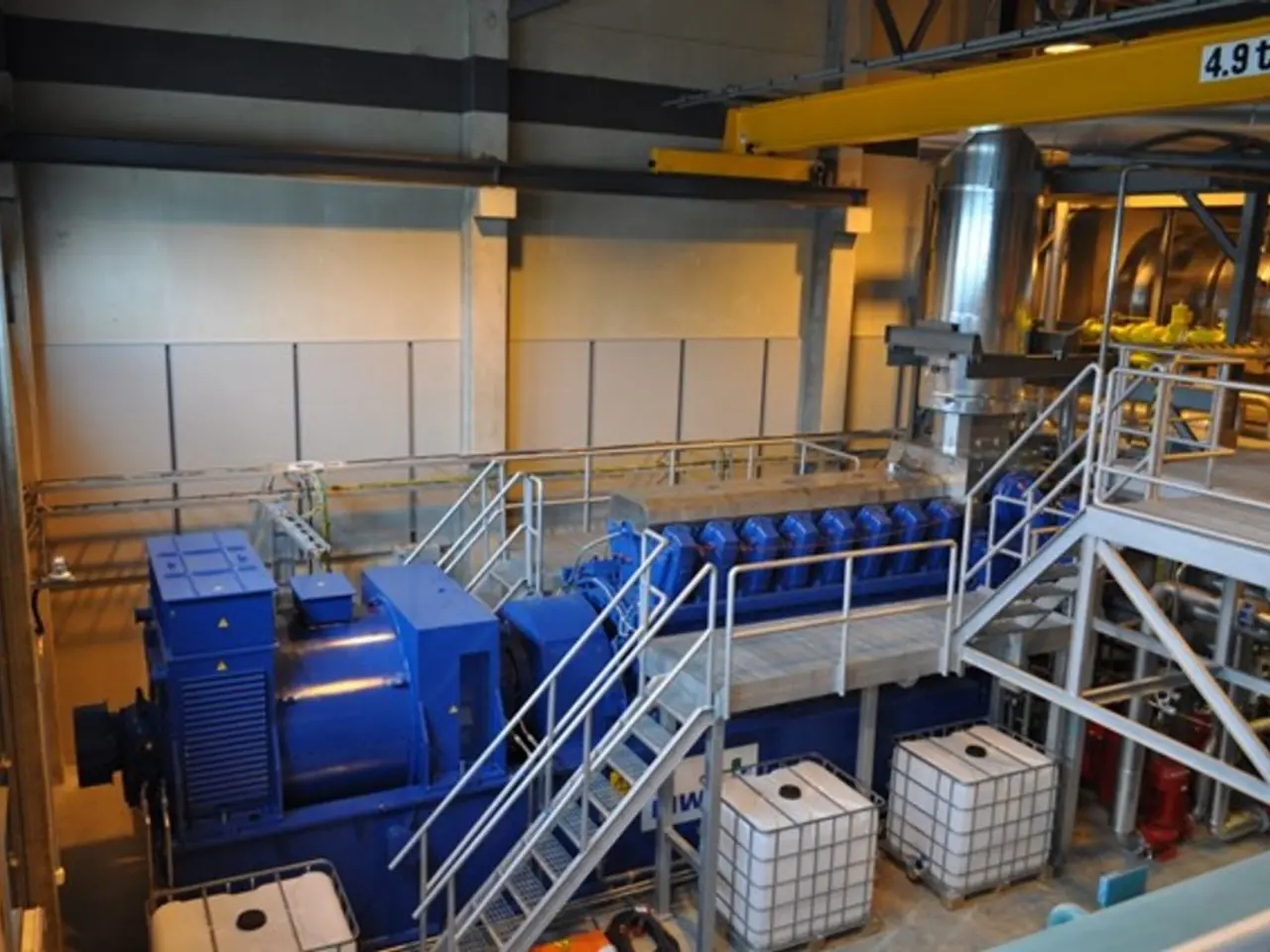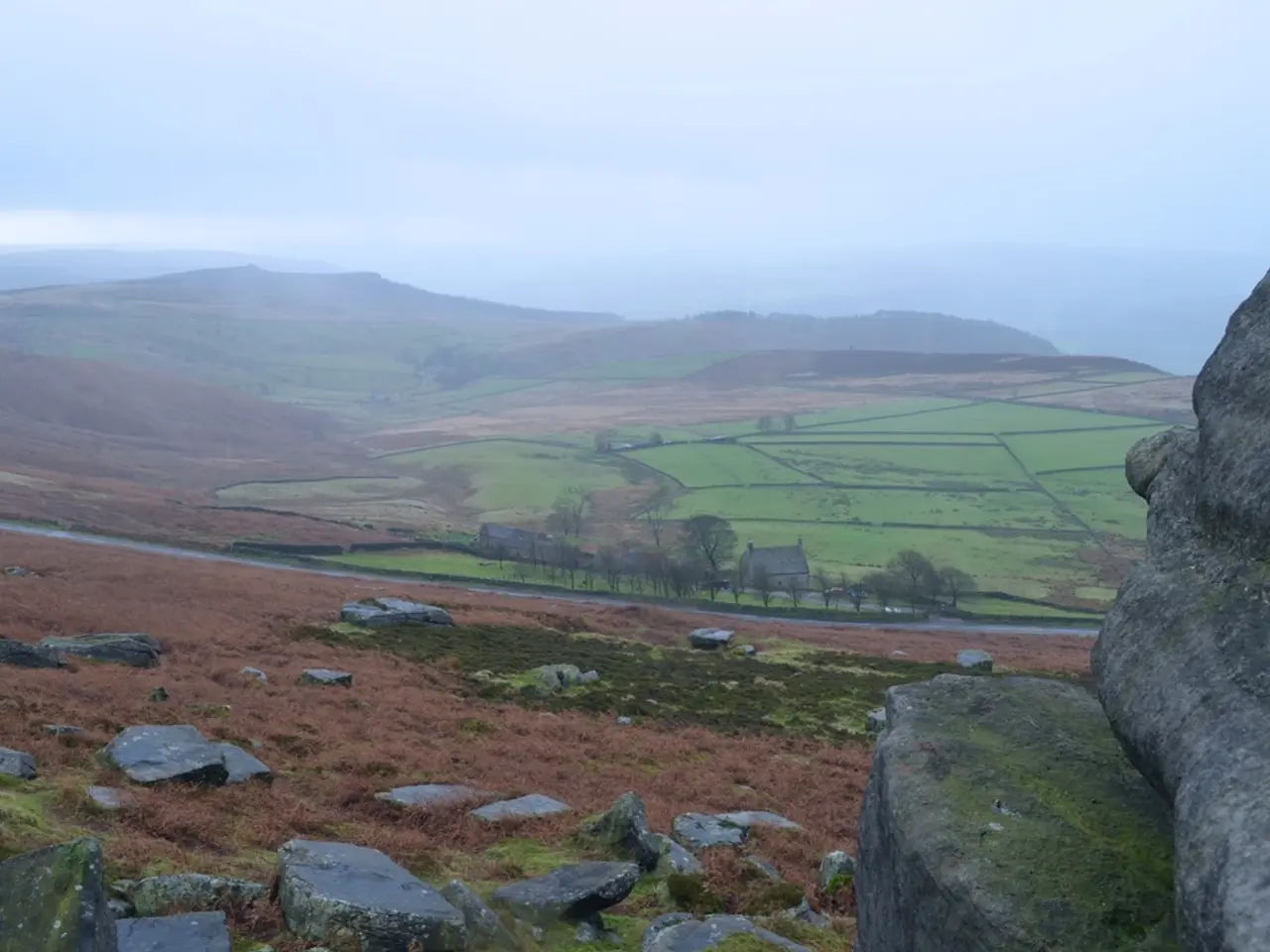Reporters call for unrestricted entry into Gaza to ensure independent news coverage
Foreign Journalists Demand Unrestricted Access to Gaza
A petition signed by over 500 journalists, including prominent figures such as Christiane Amanpour and Adelino Gomes, is calling for immediate and unsupervised access to Gaza for foreign journalists. The petition, backed by press freedom organizations like the National Union of Journalists (NUJ) and the International Federation of Journalists, aims to ensure that the truth of the ongoing conflict in Gaza is not dictated by those who control the weapons and the narrative.
The blockade imposed by the Israeli government since October 2023 severely restricts foreign journalists from entering Gaza independently to report on the conflict. As a result, most coverage from Gaza relies on Palestinian journalists working under extremely difficult conditions, facing risks to their safety, shortages of food, water, electricity, and internet access.
The petition calls not only for immediate authorization by both Israel and Hamas for foreign journalist entry but also supports the ethical legitimacy of journalists entering Gaza without official approval if the belligerent parties continue to deny access. This is grounded in the principle of bearing witness when political or military agendas seek to impose silence.
The implications for press freedom in conflict zones are profound. The Gaza blockade exemplifies a systematic erosion of press independence through enforced restrictions that deprive the global public of impartial accounts and hinder accountability. The urgent demand stresses that protecting the universal right to independent, on-the-ground reporting is essential not just for Gaza but for all conflict zones worldwide, where controlling narratives can mask atrocities and obstruct justice.
The petition, led by British photojournalist Don McCullin, has garnered support from over 300 professionals. Among the foreign journalists are Christina Lamb and Louise Callaghan of The Sunday Times, Richard Engel of NBC News, Christoph Reuter of Der Spiegel, Stephanie Le Bars of Le Monde, Luis de Vega of El País, Javier Espinosa Robles of El Mundo, and Jon Lee Anderson of The New Yorker.
In addition to the petition, Israel has recently announced that 120 pallets of food from various countries have been sent to Gaza. However, the urgent demand for independent reporting remains, with at least 60,933 Gaza residents having been killed since the start of the Israeli war in Gaza, according to health authorities' records considered credible by the UN. Nearly half of them are children and women.
The petition appeals to the need for unrestricted and independent access for foreign journalists in conflict zones, not just to document the ongoing catastrophe but to ensure the truth is reported accurately. The petition also urges the Israeli government to immediately lift restrictions on journalists and armed groups to ensure their safety and respect their status protected by the Geneva Conventions.
References: [1] The Guardian [2] Al Jazeera [3] BBC News [4] Reporters Without Borders [5] The New York Times
- The petition, backed by press freedom organizations, calls for both Israel and Hamas to grant immediate and unsupervised access for foreign journalists in Gaza, as the ongoing war and conflicts in the region are shrouded in a narrative dictated by those who control the weapons and the narrative.
- The urgent demand for independent reporting from the World, particularly Gaza, is significant not just for Gaza but for all conflict zones worldwide, as the controlling of narratives can mask atrocities and obstruct justice, thus compromising press freedom and the universal right to impartial accounts.






